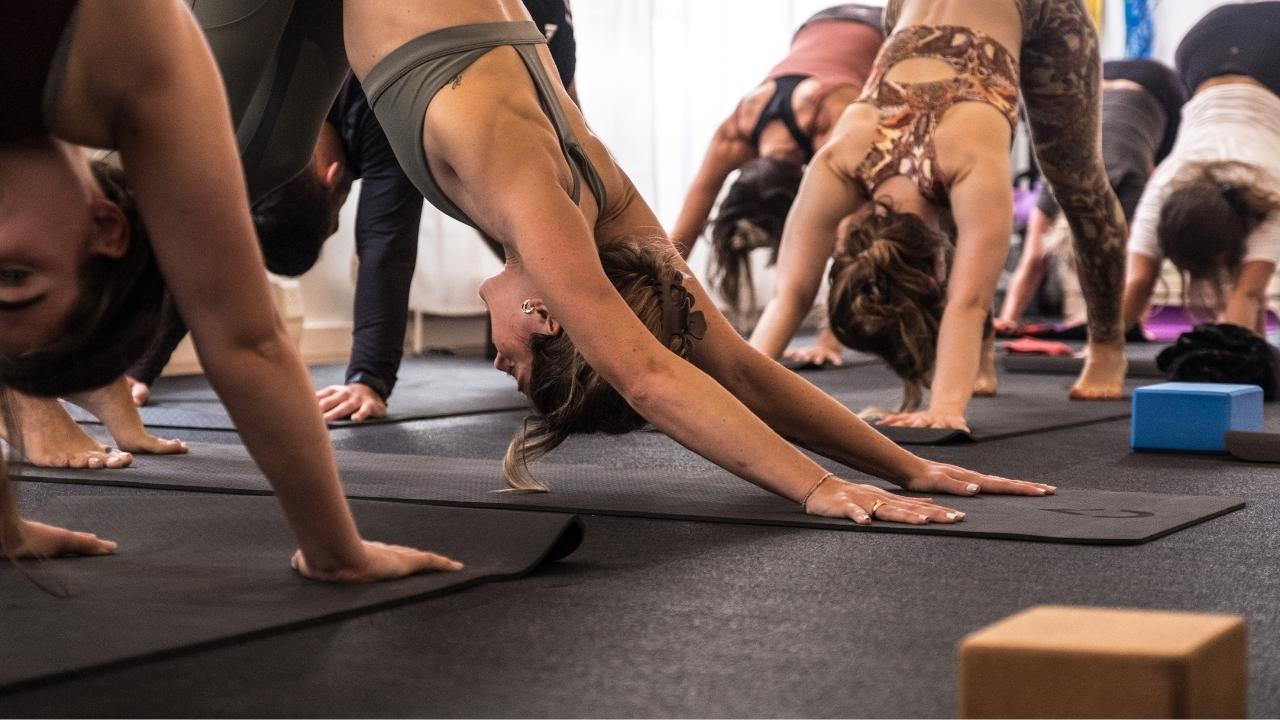June 30
Water retention is widespread among athletes and fitness enthusiasts.
They affect the appearance and function of the muscles. Knowing the causes and solutions is important for physical performance and appearance. In this guide, we look at the science of water retention, its relationship to exercise and muscle health.
We also give you tips on how to get a grip on water retention and prevent it, tailored to different fitness routines and health needs.
1. how does water retention occur in the body?
Water retention in the muscles is caused by several factors:
1. Inflammation due to micro-injuriesExercise, especially heavy lifting, causes tiny muscle tears. These tears trigger inflammation, which causes the body to send extra fluid into the muscles to heal. This swelling is a natural part of recovery.
2. Hormonal fluctuationsHormones such as cortisol, which is released during stress or exercise, influence fluid balance. A high cortisol level leads to increased sodium and water retention in the kidneys, which increases fluid retention. Mental stress and intensive training can increase cortisol levels, which can lead to water retention.
3. Nutritional factorsA high-sodium diet leads to water retention by increasing blood volume and blood pressure. Also a Low protein intake can upset the fluid balance and aggravate water retention. A protein-rich Nutrition can help prevent water retention.
4. Genetic and health conditionsSome people naturally retain water more easily. Diseases such as heart or kidney disease can affect fluid regulation and make retention worse. Medical advice is required for these problems. Chronic stress can cause water retention and thus lead to edema.

2. what can you do against water retention?
To get water retention under control, you need to adjust your lifestyle, diet and exercise:
- Stay Hydrated: Sufficient Water helps the kidneys to excrete excess sodium and fluid.
- Change of dietReduce sodium by avoiding processed foods. Eat potassium-rich foods like bananas and leafy greens to balance electrolytes.
- Compression clothing: Wearing compression clothing promotes the Circulation and helps to prevent fluid retention after exercise.
- Natural remediesHerbal teas such as nettle or green tea can promote diuresis and reduce swelling.
- High-quality food supplementsOmega-3 fatty acids from algae or fish oil reduce inflammation and support heart health.

Now Fitness group lessons book in Wiedikon & at the airport!
3. is it normal to retain water after training?
Water retention after strength training is normal. It is a sign that the body is healing and adapting. After training, the muscles store more glycogen, which binds water and leads to more fluid in the muscles. This temporary change affects weight and measurements as it is water and not fat. Muscle tissue is denser than fat, which can lead to a higher overall weight gain.
4. influence of hormones and stress on water retention
Hormones regulate fluid retention. Stress and sport increase cortisol levels, which leads to water retention. With Women hormonal changes can also lead to water retention during menstruation.
To get hormone-related water retention under control, you should try stress-reducing activities such as yoga, meditation and breathing exercises. Sufficient sleep and a balanced workout help to keep cortisol levels in check. Strength training improves sleep quality and posture.

5. the importance of movement and muscle activity for the fluid balance
Exercise helps to keep the fluid balance in equilibrium. It improves blood circulation and lymph flow and thus prevents fluid retention. Exercise helps the body to regulate the water balance and support lymph flow.
Aerobic exercises such as walking and swimming promote heart health and fluid movement. When strength training, you should pay attention to form and quality to avoid excessive inflammation and fluid retention.
6 The influence of strength training on water retention in the muscles
Strength training initially increases water retention as the muscles adapt. More glycogen is stored, which brings water with it and increases muscle volume. This temporary change is a sign of progress.
Over time, the body adapts, resulting in stable glycogen levels and better muscle definition. Perseverance is key, as the initial bloating is only temporary.

7. preventive strategies to prevent water retention in the muscles
Proactive steps can reduce unwanted water retention:
- Balanced training routineMix cardio and strength training depending on your fitness level to Overtraining to avoid.
- Balanced dietFocus on lean proteins, complex carbohydrates and healthy fats. Control your sodium intake and stay hydrated.
- Mindful rest and relaxationAllow yourself rest and recovery days to control cortisol levels and support muscle repair.
- Hydration and nutritional supplementsStay hydrated, but avoid excessive fluid intake. Herbal teas with a diuretic effect and anti-inflammatory supplements can help.
Understanding water retention in the muscles can help you take a smart approach to fitness. When you have these factors under control, athletes and sportspeople can achieve their goals and maintain their well-being.
tags

